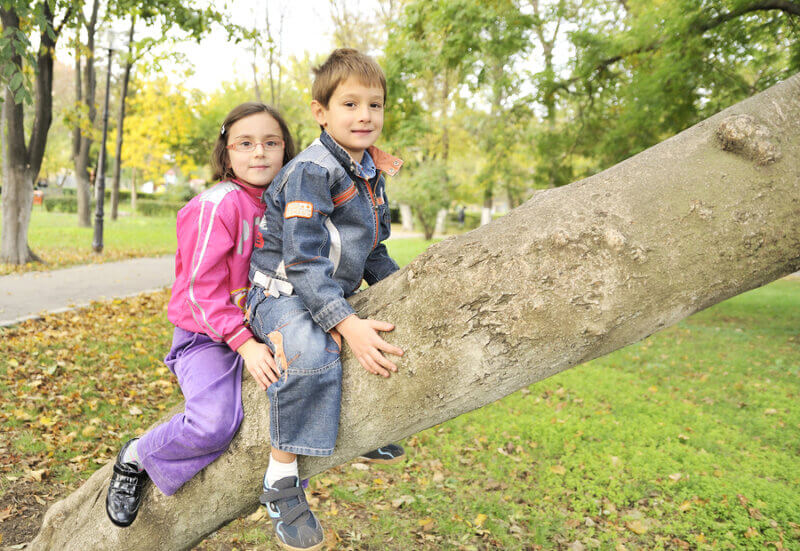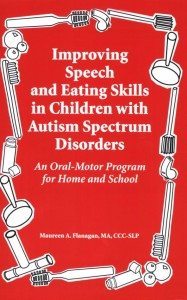Mealtimes, Eating Difficulties and the Autism Spectrum
Parents of autistic children often finding eating, feeding and mealtimes a struggle. If parents reach out for professional help, they may not be able to find it because of the limited number of specialists dealing with eating and feeding disorders; finding a specialist who understands and has experience with autism spectrum disorders can be even more difficult. Picky eating, food…













